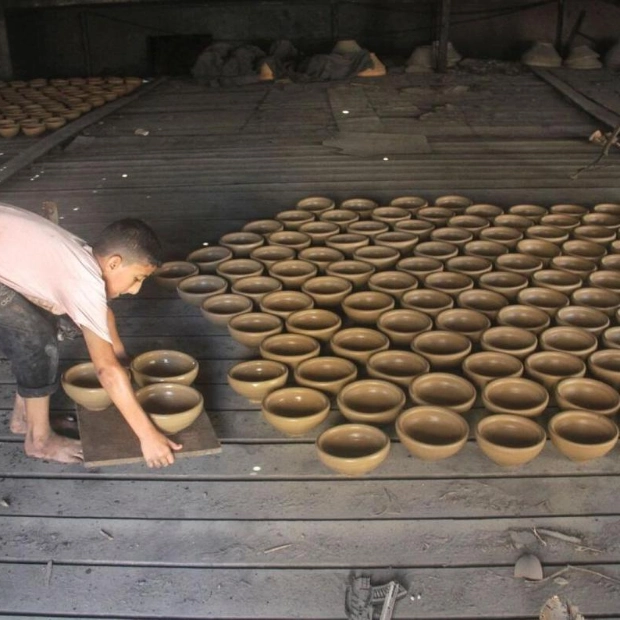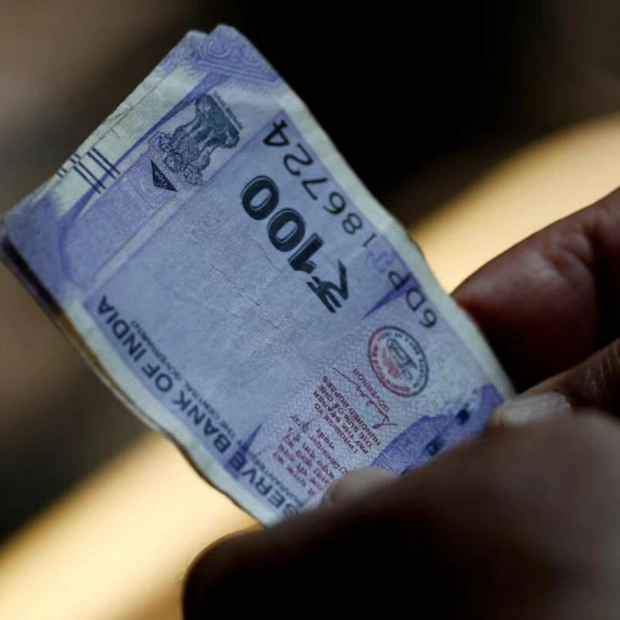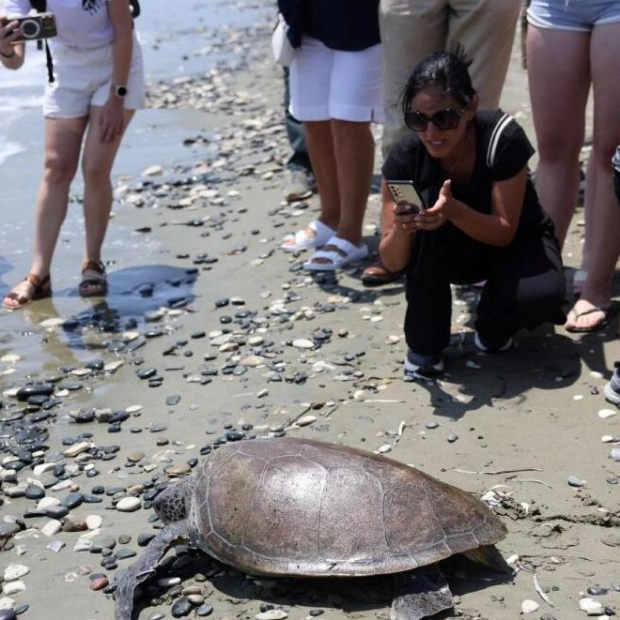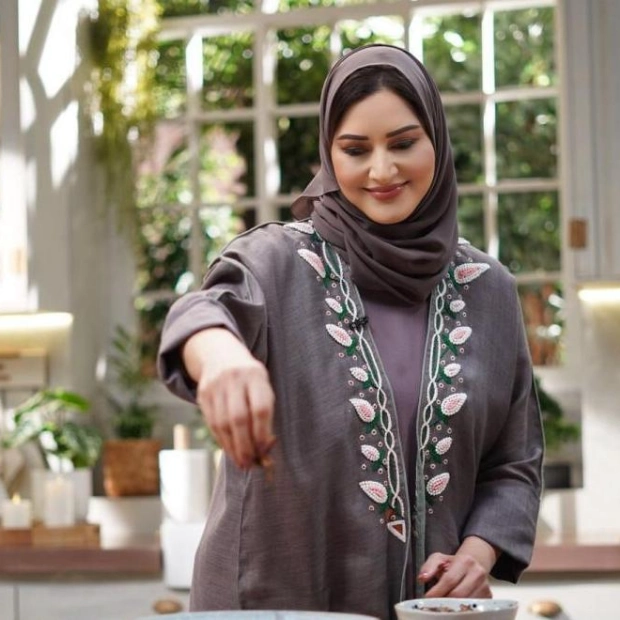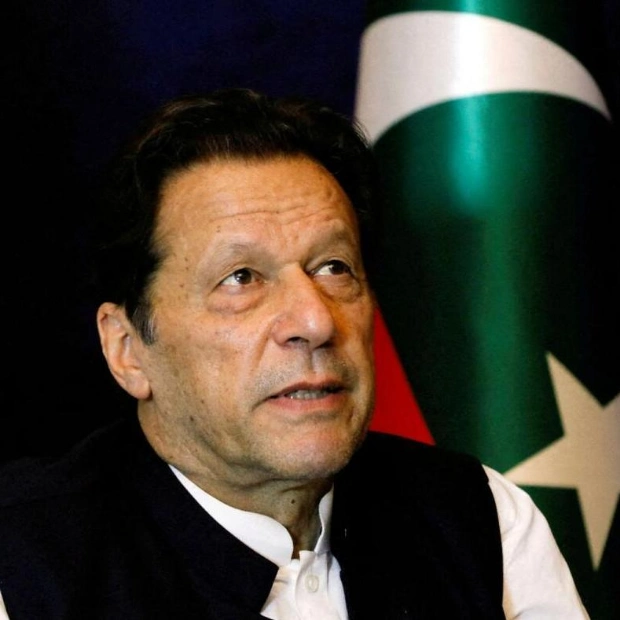Saudi Arabia has declared that the Hajj will commence on June 14 this year. Hajj, one of Islam's five pillars, is a duty that every financially capable Muslim must perform at least once. This involves a sequence of rituals spanning over four days in Mecca and its vicinity in western Saudi Arabia. In addition to securing flights, accommodations, and Hajj permits through authorized operators, pilgrims must also prepare physically and mentally for the journey. Saudi Arabia has cautioned visitors about the extreme summer heat, with temperatures reaching 44℃, as experienced last year with numerous cases of heat stress. The UAE's Ministry of Health has advised those embarking on this holy pilgrimage to carry essential items. Pilgrims are advised to pack a personal bag with a comprehensive medical kit including hand sanitizer, first aid supplies, medications for fever and pain, moisturizers, creams for burns and allergies, masks, tissues, scissors, and nail clippers. Essential personal items such as toiletries, a handheld fan, an insulated metal water bottle, and a light-colored sun umbrella are also crucial for enduring the harsh conditions. It is recommended that pilgrims consult a doctor to ensure their health stability, particularly for those with chronic diseases. Maintaining a detailed medical record and adhering to a healthy diet are also encouraged. Enhancing physical fitness at least three weeks prior to travel can help manage fatigue and other health issues. Vaccination before Hajj is critical to safeguard against infectious diseases, with a recommendation to get vaccinated at least 15 days before departure to allow the body time to build protective antibodies. Those participating in Hajj this year must receive the following vaccines: Meningococcal vaccine, Seasonal influenza vaccine. Individuals aged 65 years or older, and those 19 years or above with chronic diseases, must also receive the pneumococcal vaccine. All Hajj vaccines for UAE pilgrims are available at health centers under Emirates Health Services.
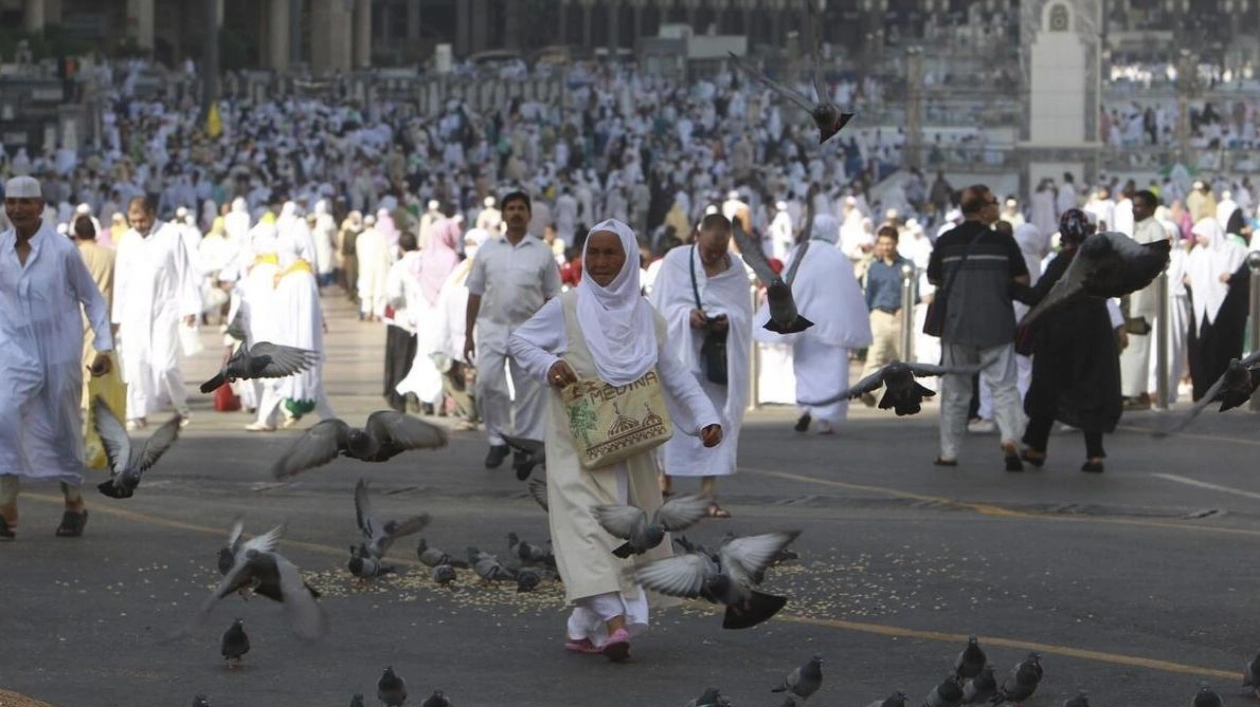
Text: Lara Palmer
11.06.2024
Saudi Arabia Announces Hajj Dates, Urges Pilgrims to Prepare for Heat and Health Challenges
